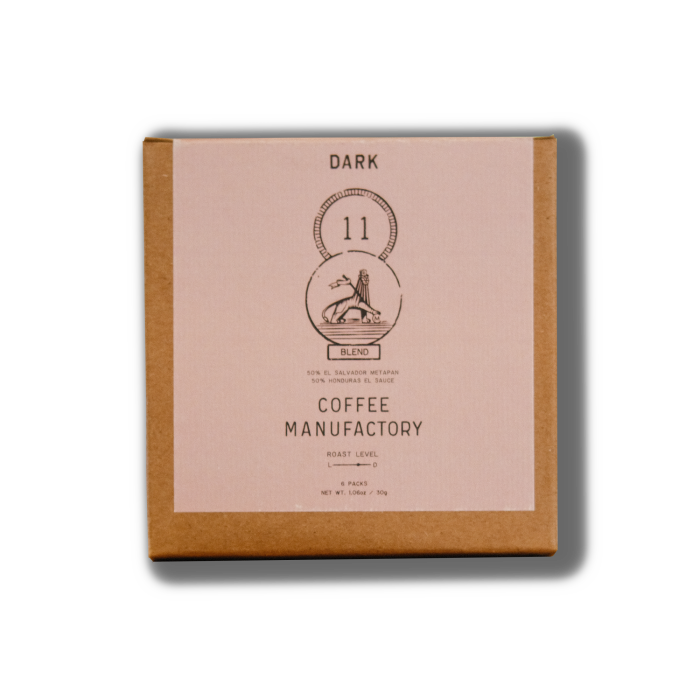We believe transparency is crucial for scalable change. All of our data and sourcing efforts are open-sourced and will be published in our Transparency Reports. By sharing our data openly, we want to showcase how sustainable sourcing is mutually beneficial for all players in the supply chain. We hope to create a sourcing framework that is scalable and adoptable by anyone who shares our values.
CLICK TO READ OUR SUSTAINABILITY REPORT
Our Sourcing Model
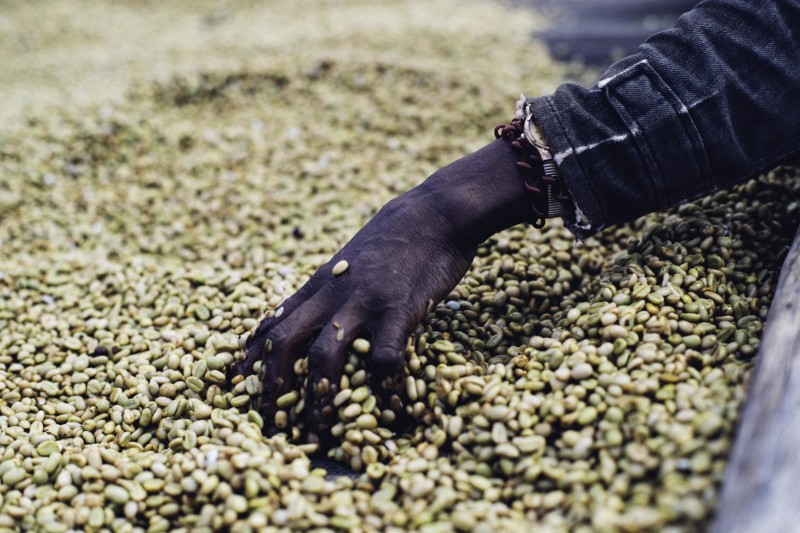
At the heart of Coffee Manufactory’s Sustainable Sourcing Model is forming long-term partnerships with smallholder coffee producers to achieve sustainability at the producer-level.*
*Smallholders are defined as farmers that cultivate on land <1 hectare to 10 hectares. These farmers face the highest risk management but hold the greatest promise in cultivating high quality coffee
Coffee Manufactory is committed to researching and sharing knowledge around practices and standards to empower coffee producers, and support a financially and environmentally sustainable coffee industry.
OUR APPROACH TO PRODUCER-LEVEL SUSTAINABILITY
1. Direct Long-Term Relationships
and
2. Paying Producers Sustainable Prices
OUR APPROACH TO PRODUCER-LEVEL SUSTAINABILITY
1. Direct Long-Term Relationshipsand
2. Paying Producers Sustainable Prices
ECONOMICALLY. The coffee commodity market is currently in a coffee crisis, experiencing one of the most prolonged periods of historically low prices - with record lows around $0.90. Cost of production exceeds well above $1.00. These unsustainable prices create a life of economic hardship for producers and prevent producers from reinvesting in their farms.
Coffee is traded on New York's Intercontinental Exchange, meaning coffee prices often succumb to extreme volatility - influenced by a multitude of factors like weather, political stability (or lack thereof), and demand. Most coffee companies use the commodity market as a benchmark for what to pay for coffee.
Market prices are set independently of the true costs to produce coffee. The result is farmers are unable to cover the cost of production. 80% of coffee producers worldwide are smallholder farmers (single family households) who depend on coffee as their primary source of income. Low coffee prices means these smallholder farmers are unable to make a liveable wage and invest in their families and businesses.
ENVIRONMENTALLY. Climate change is posing significant challenges for the future of coffee production, creating unsuitable and irregular growing conditions, and further contributing to the economic instability producers are already facing.
Tropical montane ecosystems provide the most suitable habitat for cultivation. However, the IPCC (2016) has projected climate change to significantly influence the microclimate provided by these ecosystems - creating an increase in irregular weather patterns, prolonged drought, fluctuating temperatures, decreased cloud cover, and altitudinal shifts, all of which may greatly hinder or cease the production of coffee. Some coffee producers are already experiencing the effects of climate change, resulting in irregular harvests that affect productivity and/or quality. Combatting and mitigating against unforeseeable challenges brought on by climate change and market volatility requires economic investment.
SOCIALLY. An aging and male-centric workforce, met with misperceptions of the coffee industry and a volatile market is discouraging the next generation of growers from maintaining their family businesses - instead moving into urban areas in pursuit of economic vitality.
The average age of a coffee farmer has now surpassed 50 years old. Because coffee farming is often perceived as solely a farm-based activity, the next generation fail to realize the developing and diverse opportunities that can exists in coffee’s future. Currently, most of the coffee farm labor - field work, harvesting, and sorting - is performed by women. However, in managerial and logistical roles, like transporting, exporting, and coffee farm ownership, women are underrepresented. An influx of the next generation of growers are seeking alternative paths outside of the coffee industry, threatening the sustainability of the industry.
Coffee is traded on New York's Intercontinental Exchange, meaning coffee prices often succumb to extreme volatility - influenced by a multitude of factors like weather, political stability (or lack thereof), and demand. Most coffee companies use the commodity market as a benchmark for what to pay for coffee.
Market prices are set independently of the true costs to produce coffee. The result is farmers are unable to cover the cost of production. 80% of coffee producers worldwide are smallholder farmers (single family households) who depend on coffee as their primary source of income. Low coffee prices means these smallholder farmers are unable to make a liveable wage and invest in their families and businesses.
ENVIRONMENTALLY. Climate change is posing significant challenges for the future of coffee production, creating unsuitable and irregular growing conditions, and further contributing to the economic instability producers are already facing.
Tropical montane ecosystems provide the most suitable habitat for cultivation. However, the IPCC (2016) has projected climate change to significantly influence the microclimate provided by these ecosystems - creating an increase in irregular weather patterns, prolonged drought, fluctuating temperatures, decreased cloud cover, and altitudinal shifts, all of which may greatly hinder or cease the production of coffee. Some coffee producers are already experiencing the effects of climate change, resulting in irregular harvests that affect productivity and/or quality. Combatting and mitigating against unforeseeable challenges brought on by climate change and market volatility requires economic investment.
SOCIALLY. An aging and male-centric workforce, met with misperceptions of the coffee industry and a volatile market is discouraging the next generation of growers from maintaining their family businesses - instead moving into urban areas in pursuit of economic vitality.
The average age of a coffee farmer has now surpassed 50 years old. Because coffee farming is often perceived as solely a farm-based activity, the next generation fail to realize the developing and diverse opportunities that can exists in coffee’s future. Currently, most of the coffee farm labor - field work, harvesting, and sorting - is performed by women. However, in managerial and logistical roles, like transporting, exporting, and coffee farm ownership, women are underrepresented. An influx of the next generation of growers are seeking alternative paths outside of the coffee industry, threatening the sustainability of the industry.
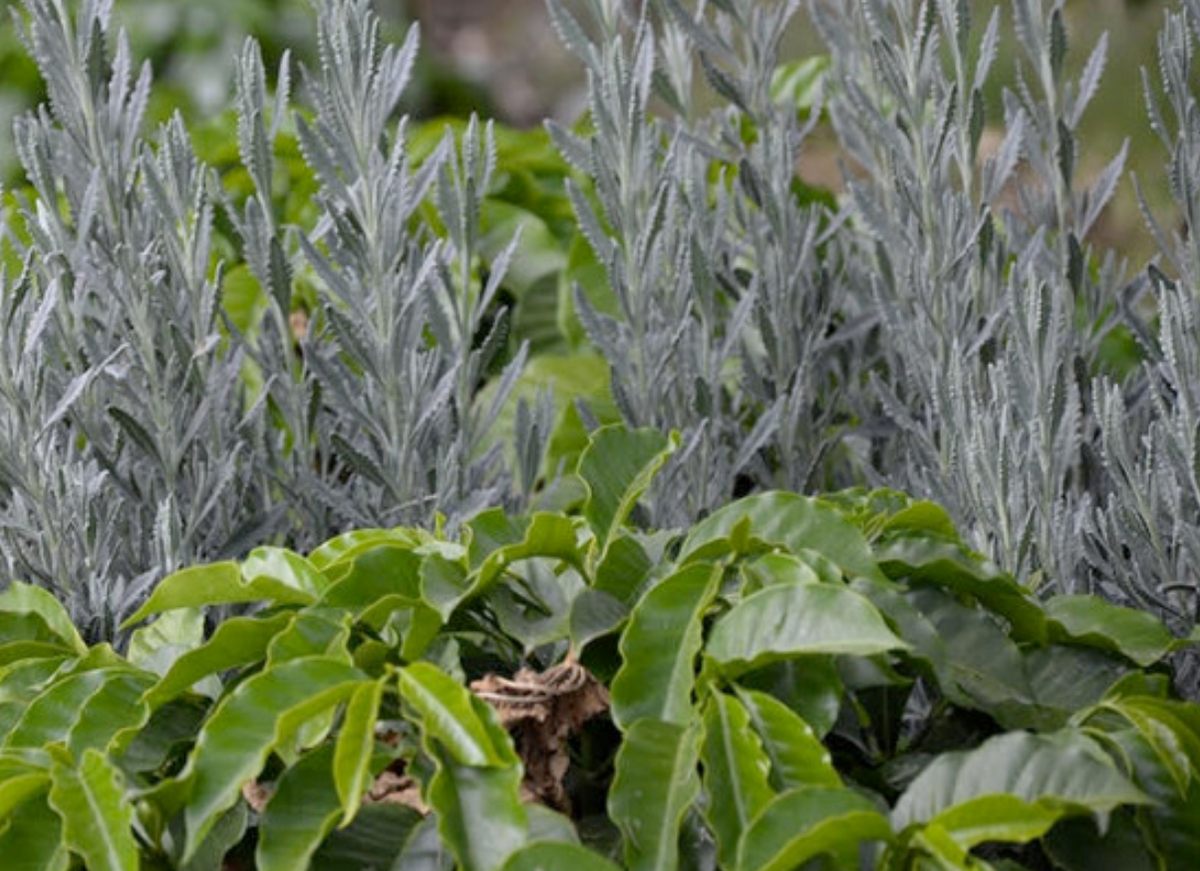
Producer-level sustainability means coffee production is economically profitable, environmentally conscious, and socially inclusive.
Metrics
We have established a set of 15 Sustainability Metrics that we believe are most vital in achieving producer-level sustainability. Our Sustainability metrics were created in collaboration with Scientific Certification System (SCS) Global Services, a leader in third-party sustainability certifications and standards development.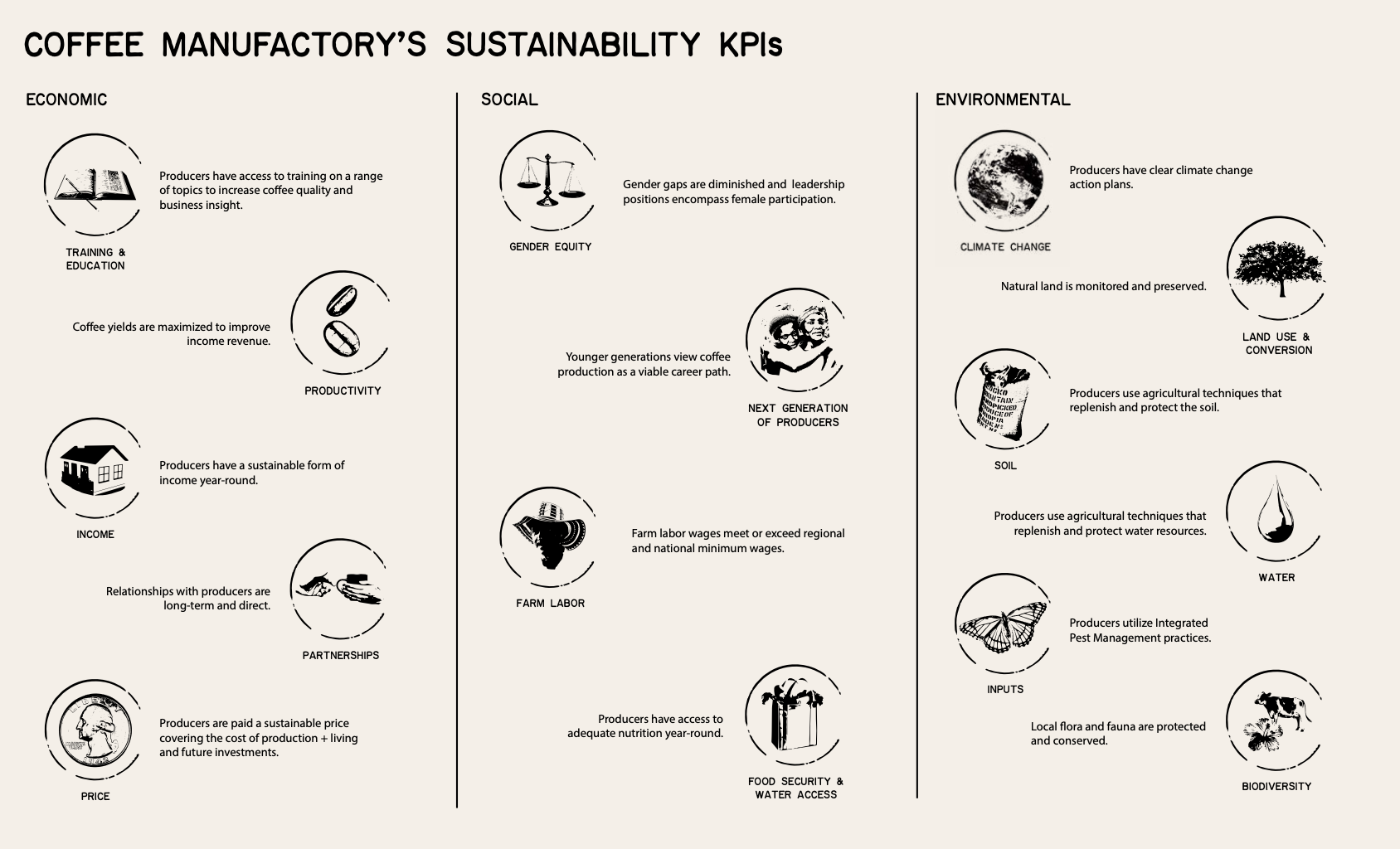
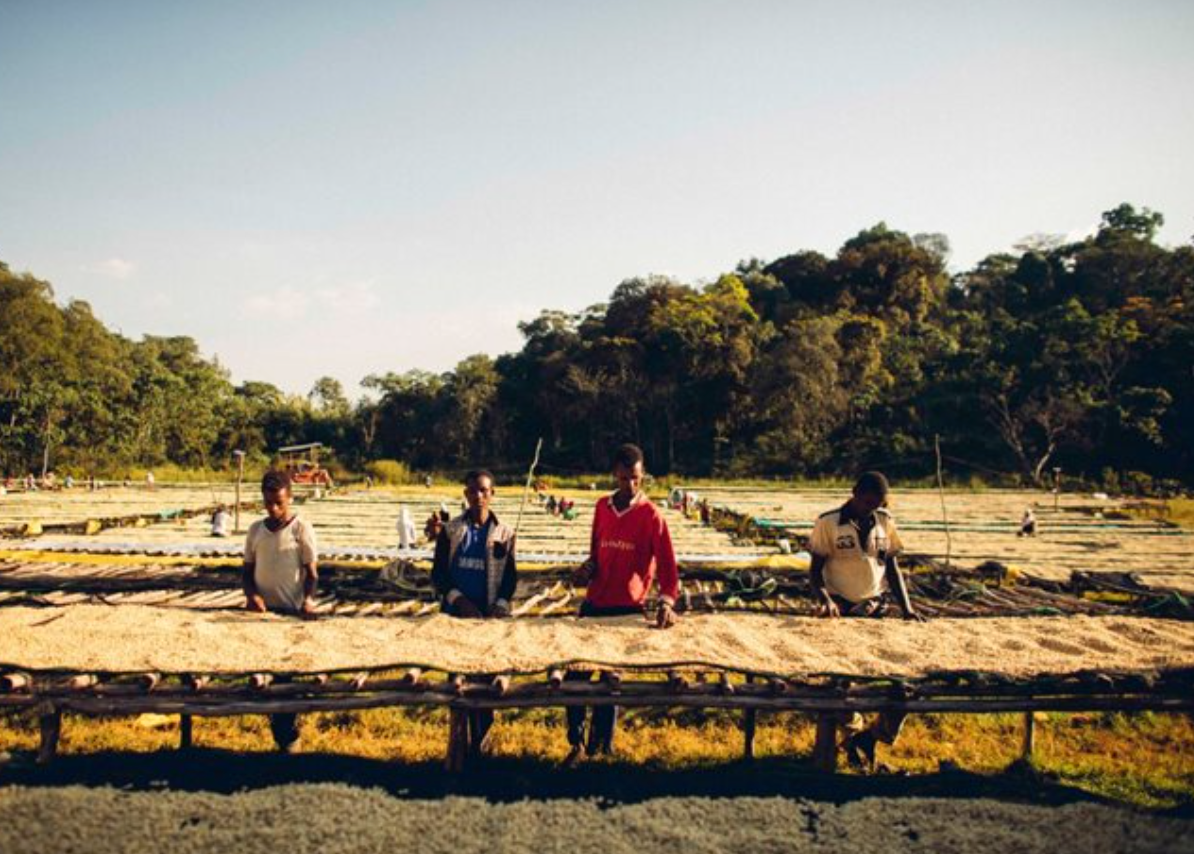
We are working to achieve producer-level sustainability by directly paying producers a premium for quality product. Pricing should not be based on the commodity market. This allows producers not only to sustain but also reinvest in their businesses.
HOW WE'LL GET THERE
A truly sustainable price reflects the cost of production and the cost of living. It also provides producers the ability to save for future expenses and reinvest in their businesses.We recruited a team of graduate students from the the University of Michigan’s School for Environment and Sustainability to take a research driven approach to defining a sustainable price for coffee. The group of researchers conducted a two-year study investigating the true costs associated with coffee production for our Colombian supply chain. We plan to continue our partnership with the University and scale research efforts for each of our established supply chains. The goal of this research is two-fold: provide the coffee community transparent data regarding the true cost associated with coffee production while simultaneously using this data to verify that our prices reflect our commitment to our producing partners.
Fostering direct long-term relationships enables us to track the positive impact.
These long term relationships with producers is integral to our process. Purchasing coffee from our same partners year after year enables us to both make and track long-term positive impact of our sourcing practices.
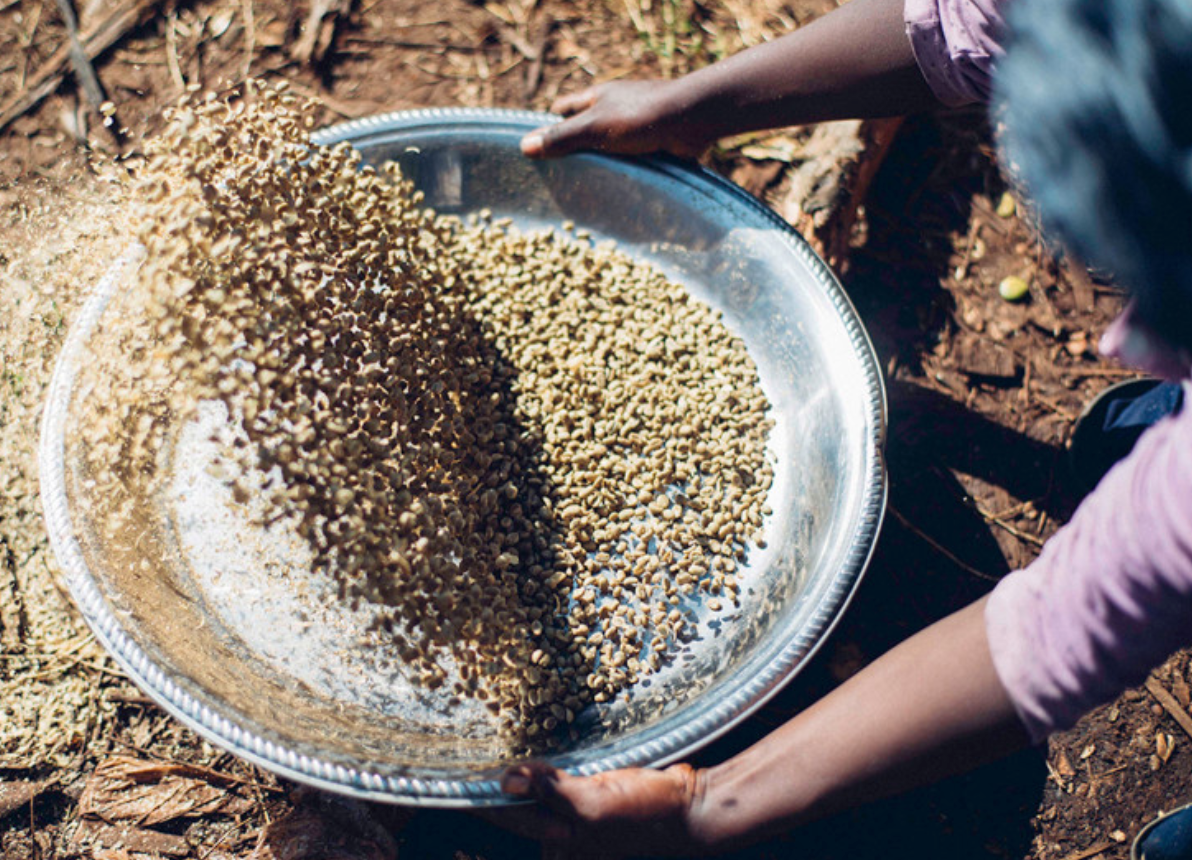
We are committed to the long-term vitality of our producer partnerships. Our data-driven approach to evaluating producer-level sustainability is at the center of our coffee philosophy.
the Details
Together, with our partners at SCS Global Services, we are conducting baseline assessments across each of our established partner regions. We are benchmarking the current level of farm-sustainability across each of our metrics. With these benchmarks in mind, we partner with industry leaders: specialists who have established programs specifically related to our metrics. These collaborative partnerships encompass leaders from nonprofit organizations, academics, and local governments. We believe forming partnerships and adopting their established programs to address and implement solutions at the producer-level will provide the greatest opportunity to improve upon producers’ existing operations.Utilizing metrics and benchmarking sustainability allows us to quantify the impact that our sustainable sourcing efforts have on producers.
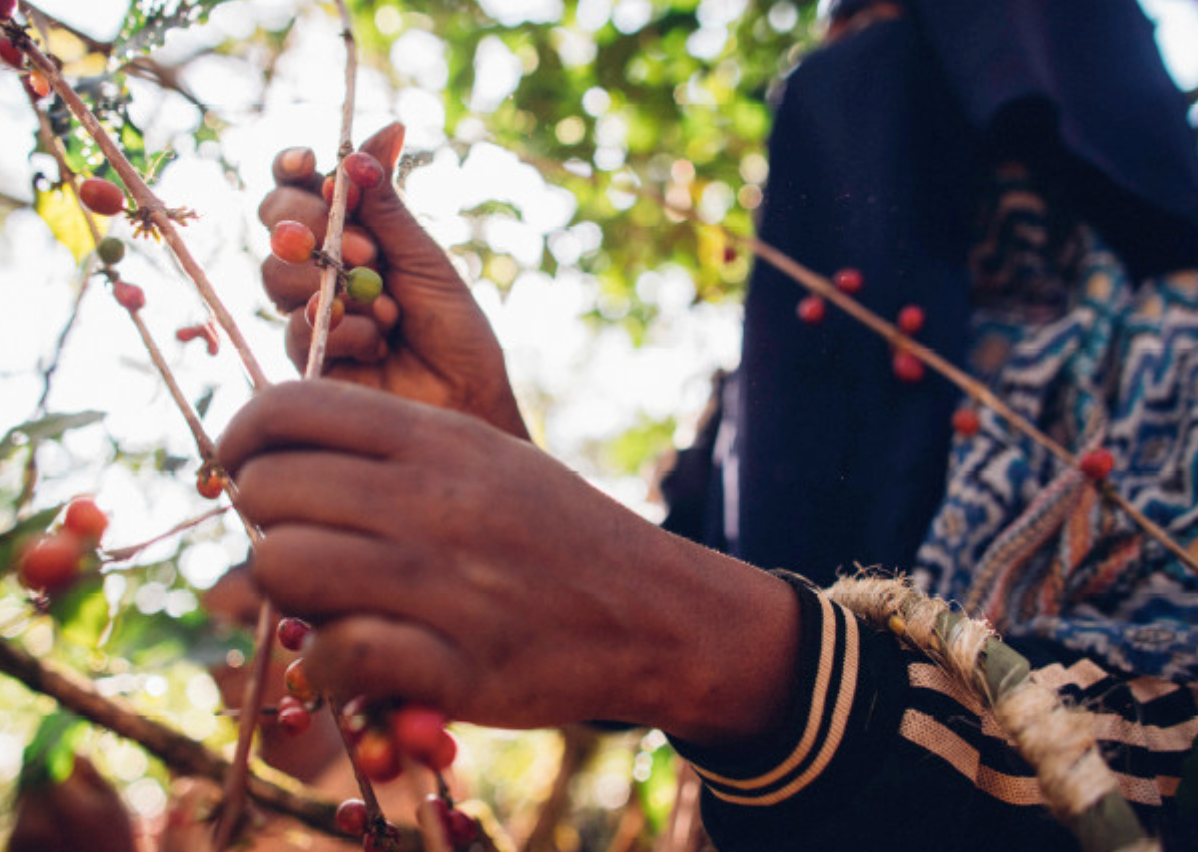
The long-term goal is to equip partners with resources to self-monitor these metrics, so they can administer the data to drive their farm management decisions while also providing transparency for their stakeholders.






